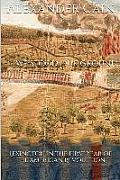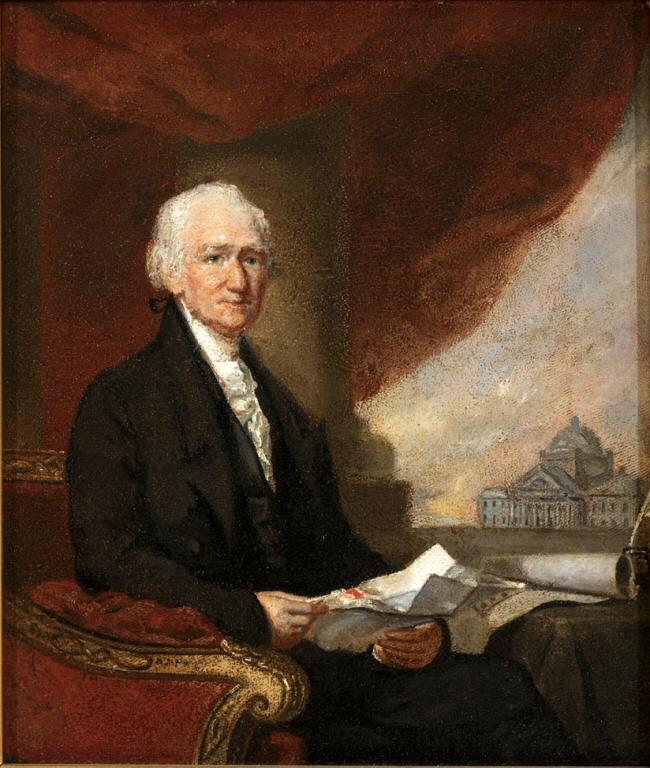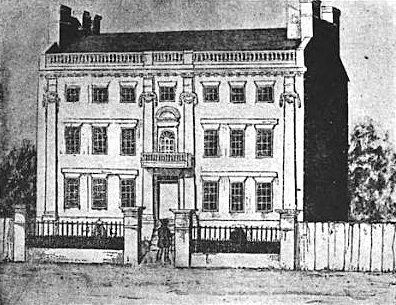Hyson’s Story about a Walk to Liberty Tree
Here I’m sharing the whole text of that item for analysis.
This letter appeared in Richard Draper’s Boston News-Letter on 4 Nov 1773, the day after Boston’s first public meeting about the tea (which devolved into a small riot against the Clarke family):
Mr. DRAPER,Did this exchange actually happen? Or did “HYSON” create this tidy story to dramatize a detail of the conflict that he (or she) thought wasn’t getting enough press? I’m inclined to think the latter.
As I was walking Yesterday Noon towards Liberty-Tree, a Man who seemed to have just left his Work, hurried by me—I asked him why he walked so fast—
he said he was going to Liberty-Tree; for his Wife told him at Breakfast, that the Men who had raised the Price of Tea upon the Poor to a Dollar a Pound were to be carried there and obliged to sell as usual.—
I told him of his Wife’s Mistake,—That the Design was to make those who expect to have it to sell at half that Price, send it back again.—
Aye, replies the Man, if that be the Case, I will go no further,—and returned back to his Work again.
Your’s HYSON.
Early on, there probably was confusion about how the Tea Act changed the business of importing tea. One American newspaper seemed to treat the East India Company as a victim of the new law rather than a beneficiary.
Furthermore, the idea of a “moral economy” was strong at the time. Most folks believed that people with goods shouldn’t price them too high, or monopolize supply, or keep them off the market in hopes of a better price. Boston regulated the price of bread. I recall a news story about a man pursued for buying up too many turkeys. During the war, a riot by women forced Thomas Boylston to sell the coffee he was hoarding, and eventually he left town entirely.
So it’s possible some Bostonians thought the problem with tea was that price was too damn high. Even more likely is that some didn’t realize the tea consignees could drop the price for their latest supply (which of course didn’t mean that they had to).
But by that point the Whig leaders had been complaining about the tea tax for years. People understood non-importation as a political tactic. And that Liberty Tree gathering on 3 November was explicitly about forcing the tea consignees to return those cargos to London, not to sell them on the spot. So this putative Bostonian must have exceptionally out of touch with the issues. (To be sure, the story puts more blame on his wife.)
In addition, I can’t help recalling that the Hutchinsons and Clarkes had already been among Boston’s biggest importers of tea. That’s one reason they were at the front of the line to handle the East India Company’s own supply. So it’s possible that “the Men who had raised the Price of Tea upon the Poor to a Dollar a Pound” and “those who expect to have it to sell” now were the same men.
More significant to how the overall tea conflict played out, however, I can’t find this letter reprinted in any American newspaper. Neither in Boston nor in other towns, neither in Whig papers nor in those leaning toward the Crown. Printers just didn’t think the point that “Hyson” made, however accurate, was that newsworthy.











